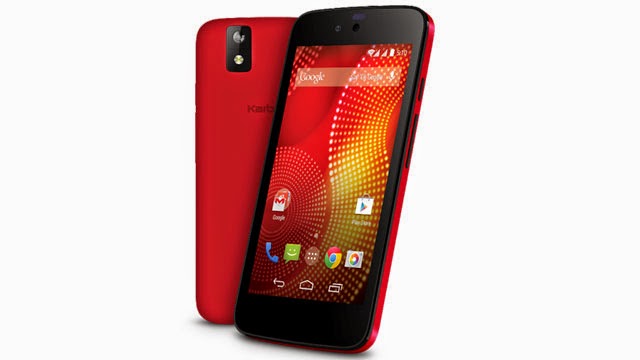Google has launched Android One as expected and there’s a lot to be excited about the new programme, though not if you expected this to be your average smartphone launch.
At this moment, Google’s hardware partners are not launching high-end devices for Android One. So if you were looking for great hardware you will surely be disapppointed. The new Micromax, Karbonn and Spice phones have identical specs and identical software. And they will get Android updates at the same time as some of the other hero devices such as Nexus smartphones. So it is that after a long time an Android launch is not about the specs. Android One is about Google taking back control of Android from a hardware and software perspective.
When it comes to hardware, Sundar Pichai explained to NDTV in an interview that Android One partners will have a menu of sorts to pick and choose the components they need to make the smartphone and all of these components will be chosen by Google. So all manufacturers will have to do is pick and choose the components and they will already be ratified for stock Android. Google has announced more partners beyond the three launch partners. Acer, Alcatel, ASUS, HTC, Intex, Lava, Lenovo, Panasonic, and Xolo, as well as chipmaker Qualcomm have come on board, according to Google. So it has the groundswell to give Android One a huge push.
As far as software is concerned, Google’s major issue is not with Android forks, which are not significant enough to cause a dent in the company’s revenue. The big thorn on Google’s side is vendors choosing to ship phones with apps that replace Google’s own. This could be something simple such as a third-party note-taking app when Google has Keep, or the Opera browser where Chrome can do the same duty. This is something we have come across far too often in Indian branded phones, which have multiple browsers out of the box. It only serves to confuse users. With Android One, such overlapping will be eliminated.
Google has also been known to discourage the use of alternative app stores. In July, the company was reportedly in a discussion with Samsung about the use of apps in the company’s Galaxy line, including some that let users purchase content, that’s also available on Google Play. This obviously eats into Google’s revenue, since any apps sold through Samsung’s app stores will not net the search giant any money. With Android One, Google is getting to the root of the problem by making sure these alternatives don’t crop up.
Yes, the first wave of Android One devices is not going to impress a lot of people, but it signifies a change in Google’s approach. Early in Android’s development, the need was to make sure app development was easy and there were a lot of new features added with each new Android release. This meant that Android device hardware needed to go up a notch with every new version of the OS, and now when there’s a huge user base already, Google is working towards fine-tuning the ecosystem.
Google is standardising Android device hardware and software to an extent never seen before. In a way it’s going the Apple direction, but customising the approach to its unique problem of many hardware players. Will a standardised Android world add to its domination or drive users away to differentiation? That’s the big question now.










